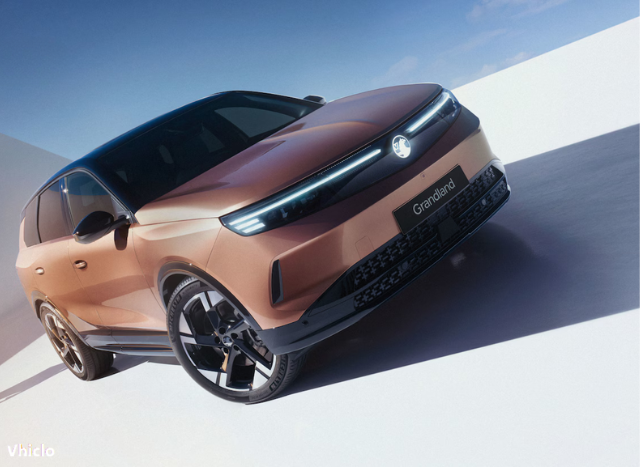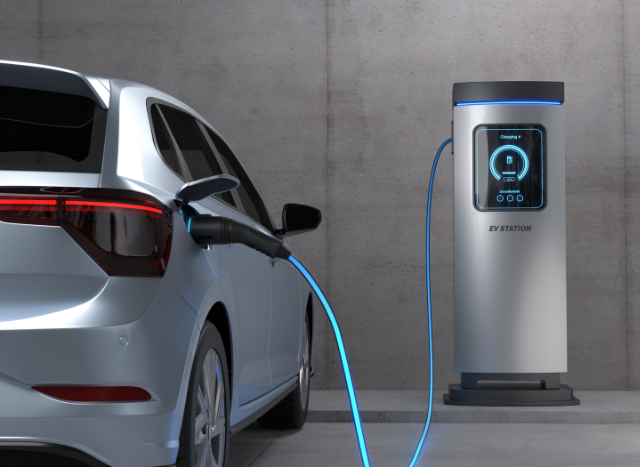Vauxhall has dropped prices on its flagship electric models to dodge a looming ‘luxury car tax’—a move that could save EV buyers over £2000 in tax over six years.
Contents
Vauxhall Cuts Prices to Beat 2025 VED Changes
In a strategic move to protect buyers from upcoming tax hikes, Vauxhall has reduced the list prices of its top-spec Astra Sports Tourer Electric and Grandland Electric Ultimate trims to below the critical £40,000 threshold. The only exception in Vauxhall’s all-electric lineup now is the Vivaro Life Electric, which remains above that limit due to its van-derived design.
By making this change, Vauxhall ensures that nearly all of its EVs remain exempt from the Expensive Car Supplement (ECS), a tax that kicks in from April 1, 2025, and adds £2125 in extra charges over six years.
What Is Changing in EV Road Tax?
From April 2025, electric vehicles will no longer be exempt from Vehicle Excise Duty (VED). Key changes include:
All EVs will pay a flat VED rate of £195/year, the same as petrol and diesel cars registered from April 2025.
Cars with a list price over £40,000 (including options like paint and tech packages) will face an additional £425/year ECS for five years, starting from the car’s third year.
Tax Impact Over Six Years
| EV List Price | Total VED (6 Years) | Extra Cost Due to ECS |
|---|---|---|
| Below £40,000 | £1170 | £0 |
| Above £40,000 | £3295 | £2125 |
EV Pricing vs. Outdated Tax Thresholds
Industry analysts say the £40,000 threshold, introduced in 2017, is now out of step with the market. According to data from Jato Dynamics, the average price of a new electric car in the UK is currently £48,559—far above the limit for avoiding the ECS.
Critics argue the ECS was originally intended to tax truly premium vehicles, but it now penalizes mainstream EV buyers.
“If the ECS threshold had risen with inflation, it would now be around £52,000,” said Eurig Druce, acting Managing Director of Vauxhall. “Instead, customers are being penalized for buying some of the most accessible electric vehicles available today.”
Vauxhall Urges Government to Rethink
Vauxhall is calling on the UK government to reconsider the ECS threshold or scrap the supplement altogether to encourage EV adoption.
“We’re trying to get more British drivers into electric vehicles quickly,” Druce emphasized. “This tax sends the wrong message at the wrong time.”
The Society of Motor Manufacturers and Traders (SMMT) echoed the sentiment, highlighting that the ECS was introduced when electric cars were a niche part of the market.
“The threshold for the ECS – dubbed the ‘luxury car tax’ when launched – has remained unchanged since 2017, even as the average EV price has surged,” noted Mike Hawes, CEO of SMMT.
Automotive industry expert and editor of Vhiclo, specializing in car news, EV technology, and in-depth vehicle analysis. With years of experience in the field, Koutaibah provides trusted insights for enthusiasts and professionals alike.






